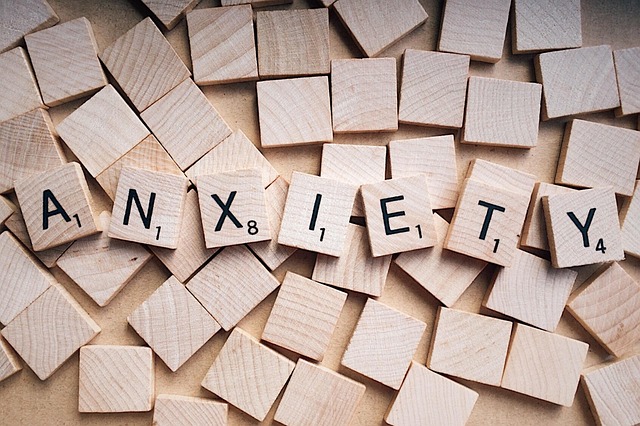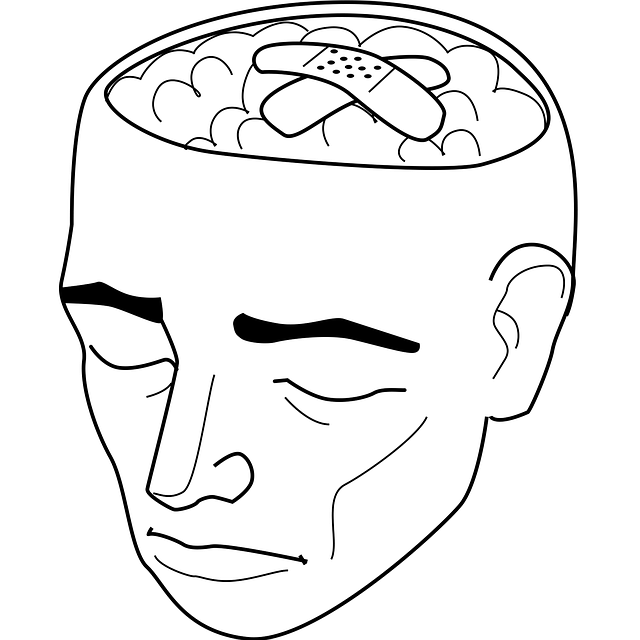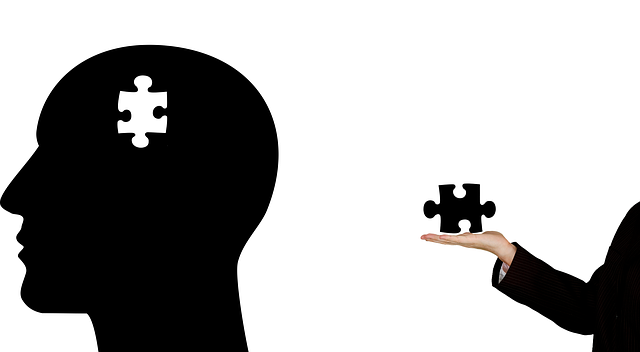The media's simplistic and often stereotypical portrayals of mental illness contribute to public stigma, hindering individuals from seeking help. To combat this, media outlets need to share more authentic narratives about mental health, encouraging viewers to view these struggles as a human experience. Lone Tree Mens Issues Therapy is at the forefront of this change, working to break down societal barriers by providing tailored solutions for men's unique mental health challenges through open communication, emotional regulation, and public awareness campaigns. They aim to revolutionize society's perception of male emotional well-being, empowering men to prioritize their mental health.
In today’s digital age, media representation of mental illness significantly impacts public perception. “Understanding Mental Illness Representation in Media: The Current State” explores prevalent stereotypes and their consequences. “Strategies for Accurate and Compassionate Portrayal: A Call to Action” advocates for responsible storytelling. Meanwhile, “Lone Tree Mens Issues Therapy” presents innovative solutions, challenging the status quo with evidence-based approaches. Discover how these initiatives work towards destigmatization and accurate portrayal, offering hope for positive change.
- Understanding Mental Illness Representation in Media: The Current State
- Strategies for Accurate and Compassionate Portrayal: A Call to Action
- Lone Tree Mens Issues Therapy: Navigating the Challenge with Innovative Solutions
Understanding Mental Illness Representation in Media: The Current State

The media plays a significant role in shaping societal perceptions of mental illness. Currently, representation in films, television shows, and news outlets often falls short, perpetuating stereotypes and misunderstandings. This can lead to further stigmatization, making it challenging for individuals facing mental health struggles to seek help. Many media portrayals depict extreme scenarios or present simplistic views, failing to capture the nuanced reality of various mental health conditions. For instance, a lone tree mens issues therapy center might find its clients’ stories reduced to mere plot devices rather than complex narratives that require empathy and understanding.
Building resilience and promoting mental wellness in these contexts is crucial. By incorporating more authentic and diverse representations, media can foster empathy-building strategies, encouraging the public to view mental illness as a human experience with varying degrees of severity. This shift can contribute to breaking down barriers and creating an environment where individuals feel empowered to prioritize their mental health, just as Lone Tree Mens Issues Therapy centers strive to do.
Strategies for Accurate and Compassionate Portrayal: A Call to Action

The media plays a powerful role in shaping public perception about mental health, and accurate representation is crucial for fostering understanding and compassion. When it comes to addressing men’s issues, such as those faced by individuals seeking therapy at Lone Tree Mens Issues Therapy, the industry must rise to the challenge of providing nuanced and empathetic storytelling. One effective strategy is to involve experts in mental health fields, ensuring that scripts are informed by professional knowledge. This approach brings authenticity to portrayals, preventing harmful stereotypes often perpetuated by untrained writers.
Moreover, promoting compassion cultivation practices within creative teams can significantly enhance media representation. Encouraging writers, directors, and actors to explore personal connections and experiences related to mental health fosters a deeper understanding of the issues. Integrating stress management techniques into production processes can also contribute to a more realistic and balanced depiction of characters’ journeys. Additionally, Mental Health Education Programs Design should be implemented to educate media professionals about the various aspects of mental illness, ensuring stories are told with sensitivity and accuracy. These collaborative efforts are essential steps towards creating a more compassionate and informed society.
Lone Tree Mens Issues Therapy: Navigating the Challenge with Innovative Solutions

Lone Tree Mens Issues Therapy takes a pioneering approach to tackling mental health challenges prevalent among men. With a deep understanding of the unique struggles men often face, they offer innovative solutions tailored to their specific needs. The therapy centre recognizes that discussing emotions and seeking help is not always easy for men, so they’ve developed strategies to encourage open communication and emotional regulation.
By focusing on burnout prevention and promoting public awareness campaigns development, Lone Tree Mens Issues Therapy aims to break down societal barriers and stereotypes associated with male mental health. They foster an environment where men can openly express their feelings, share experiences, and gain the necessary tools to manage stress, anxiety, or depression effectively. Through these initiatives, they strive to revolutionize the way society perceives and supports men’s emotional well-being.
Mental illness representation in media has reached a critical juncture, prompting a need for transformative action. As highlighted by Lone Tree Men’s Issues Therapy, innovative solutions can challenge stereotypes and foster empathy. By adopting strategies that promote accurate and compassionate portrayal, we can create a more inclusive media landscape that accurately reflects the experiences of those living with mental health issues. This collective effort is essential to breaking down barriers and improving access to support for all.








